Coffee lovers often turn to drip makers for their convenience and ability to brew a large quantity of coffee at once. Using filtered water can enhance the taste and aroma of your brew, making it smoother and more enjoyable.
3. It’s essential to research and read reviews to find the best coffee maker for your needs.
Myth 3: You Should Use Boiling Water for Brewing
Fact: The optimal brewing temperature is between 195°F and 205°F. coffee drip machine
Using boiling water can actually lead to over-extraction of the coffee grounds, resulting in a bitter taste.
Equally important, with the right brewing technique, even budget-friendly beans can yield delicious results. Myth: Using Filtered Water Isn’t Necessary
Fact: The quality of water can significantly impact your coffee’s taste. Drip Coffee Makers
Fact: Some beans are better suited for drip brewing.
Certain coffee beans and grinds are tailored for specific brewing methods. However, several myths surround these popular appliances that can lead to confusion among coffee lovers.
To sum up, focus on the brewing process, water quality, and coffee-to-water ratio to enhance your coffee experience. best home drip coffee maker
Myth 6: You Should Always Use Filtered Water for Drip Coffee
Fact: While filtered water can improve taste, tap water is often fine to use.
Filtered water can enhance the flavor of your coffee by removing impurities, but many tap waters are perfectly acceptable. Myth: You Should Use the Same Coffee-to-Water Ratio for All Drip Makers
Fact: Different machines require different ratios for optimal brewing.
Each coffee drip maker has its unique brewing characteristics, which means the coffee-to-water ratio can vary. However, if your tap water contains high levels of chlorine or other minerals, filtering may enhance the taste.
